The warnings can be stopped by setting the check flag to false.
$ go doc cmd/vet
By default all checks are performed. If any flags are explicitly set to true, only those tests are run. Conversely, if any flag is
explicitly set to false, only those tests are disabled. Thus
-printf=true runs the printf check, -printf=false runs all checks except the printf check.
Unkeyed composite literals
Flag: -composites
Composite struct literals that do not use the field-keyed syntax.
But the warning is due to not providing the keys name when setting the value in primitive.E struct.
Setting keys for primitive.E struct will remove the warning messages. For example
filter := bson.D{primitive.E{Key: "autorefid", Value: "100"}}
Package primitive contains types similar to Go primitives for BSON
types can do not have direct Go primitive representations.
type E struct {
Key string
Value interface{}
}
E represents a BSON element for a D. It is usually used inside a D.
For more information have a look at primitive.E
